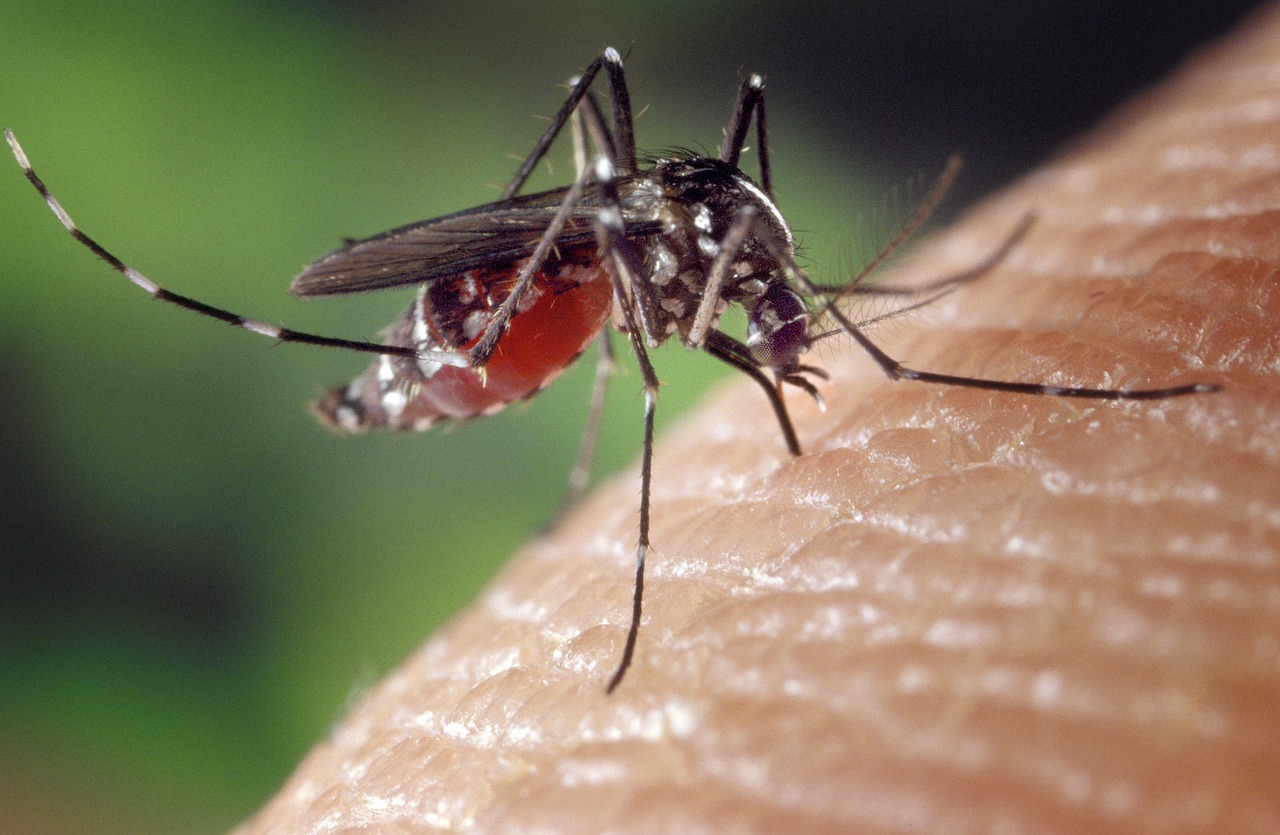Introduction:
When enjoying the great outdoors, dealing with pesky insects can be a nuisance. While conventional insect repellents are readily available, many contain chemicals that some individuals prefer to avoid. Fortunately, there are natural alternatives that can effectively repel insects without the use of harsh chemicals. In this article, we will explore five natural insect repellents that offer protection while keeping your exposure to potentially harmful substances to a minimum.
1. Citronella:
Citronella is a popular natural insect repellent derived from the essential oil of certain grass varieties. Its strong scent masks the attractants that insects are drawn to, making it an effective repellent. Citronella oil can be found in candles, torches, and personal care products like lotions and sprays. Using citronella-based products can help repel mosquitoes, flies, and other flying insects.
2. Lemon Eucalyptus:
Lemon eucalyptus oil is derived from the leaves of the lemon eucalyptus tree. It contains a compound called PMD (para-menthane-3,8-diol) known for its insect-repellent properties. Research has shown that lemon eucalyptus oil can effectively repel mosquitoes, making it a valuable natural alternative to chemical-based repellents. Look for products containing lemon eucalyptus oil as the active ingredient.
3. Peppermint:
Peppermint is not only refreshing but also acts as a natural insect repellent. The strong scent of peppermint oil deters insects, including mosquitoes, ants, and spiders. You can create a homemade peppermint spray by diluting peppermint essential oil with water and spraying it around doorways, windows, and other entry points. Alternatively, grow peppermint plants in your garden to naturally repel insects.
4. Neem Oil:
Neem oil is derived from the neem tree and has been used for centuries in traditional medicine and pest control. It contains compounds that disrupt the feeding and reproductive cycles of insects, acting as an effective repellent. Neem oil can be applied to the skin, mixed with carrier oils, or used in soaps and shampoos to repel mosquitoes, ticks, and other biting insects.
5. Lavender:
Lavender not only has a delightful fragrance but also possesses natural insect-repellent properties. The scent of lavender is known to repel mosquitoes, flies, and moths. You can use lavender essential oil in diffusers or create homemade sprays by diluting it with water. Planting lavender in your garden or keeping dried lavender sachets in your home can also help keep insects at bay.
Conclusion:
Natural insect repellents provide effective alternatives to conventional products containing synthetic chemicals. Citronella, lemon eucalyptus, peppermint, neem oil, and lavender are just a few examples of natural repellents that can help keep insects away without exposing yourself to potentially harmful substances. Incorporating these natural repellents into your outdoor routine can allow you to enjoy the outdoors while minimizing the annoyance of insects.
References:
1. Barnard, D. R. (1999). Repellency of essential oils to mosquitoes (Diptera: Culicidae). Journal of Medical Entomology, 36(5), 625–629.
2. Carroll, S. P., Loye, J. E., & Pickett, J. A. (1994). Efficacy of eucalyptus-based repellents against mosquitoes. Journal of the American Mosquito Control Association, 10(4), 520–522.
3. Osimitz, T. G., Murphy, J. V., Fell, L. M., & Page, B. C. (2010). Evaluation of p-menthane derivatives as repellents against Aedes aegypti. Journal of Medical Entomology, 47(4), 699–704.
4. Sharma, P., Mohan, L., Srivastava, C. N., & Joshi, S. C. (2009). Insect repellent action of Tagetes minuta Linnaeus against mosquitoes. Indian Journal of Medical Research, 130(1), 74–77.
5. National Pesticide Information Center. (2022). Neem oil general fact sheet. Retrieved from https://www.npic.orst.edu/factsheets/neemgen.html










